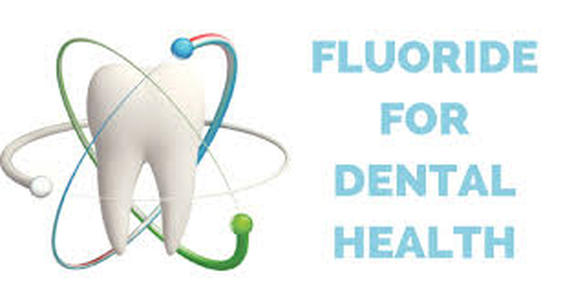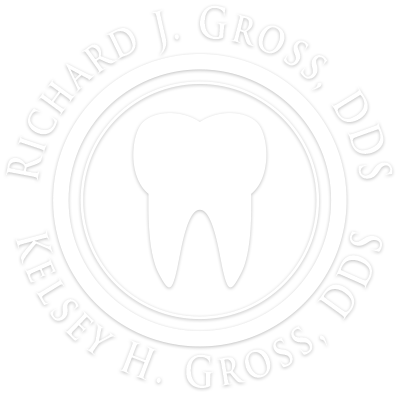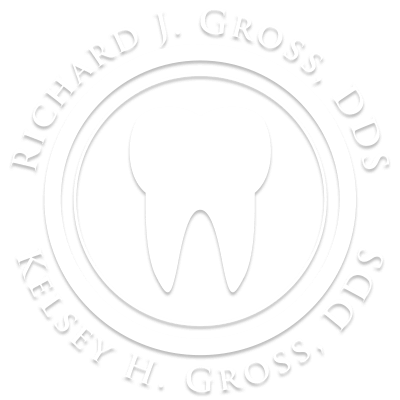The Benefits of Fluoride

There are many benefits to fluoride to aid in your dental health! Fluoride can be found in your water supply, in your toothpaste, and at your dentist’s office in the form of a foam or rinse, but what does it really do? Well, first of all there is a correlation between water fluoridation and a reduction in tooth decay (also known as cavities!). Dental decay is not only greatly reduced by fluoride in the water, but also by using fluoridated toothpastes, mouthrinses, and professional fluoride treatments done by your dentist or dental hygienist. The clinical outcomes of fluoride application include: reduced tooth decay, decrease pain and tooth loss, arresting or stopping of growing lesions, reversal or remineralization of decalcified enamel, aids in hot and cold sensitivity, reduction in plaque buildup, and protects sensitive root areas exposed by recession.
High risk individuals who live in areas of well water, or areas where water is not optimally fluoridated should consider having professional fluoride treatments administered bi-annually at their dental check-up visit. Patients who are prone to tooth decay, have dry mouth or reduced salivary flow, have gum disease, have had head or neck radiation treatments, and patients who have chronic tooth sensitivity should also consider having topical fluoride applied at their dental appointments. These patients are more susceptible to tooth decay, and can benefit from extra topical fluoride. Without the adequate amount of saliva, plaque sticks to teeth and acids cannot be neutralized, leading to more tooth decay.
Fluoride is important for children to aid in the development of strong healthy teeth. The fluoride minerals are incorporated into enamel to help the developing teeth fight acids and bacteria. Braces and other appliances can catch food and bacteria in and around the teeth more than normal, which can lead to tooth decay. It is advantageous to have a professional fluoride treatment twice yearly to prevent the extra plaque and bacteria from causing unwanted cavities. Cavities are caused by acid attacks as a by-product from plaque bacteria and sugar. Fluoride can actually help teeth become more resistant to acids and sugars, and it can even reverse early forms of tooth decay.
It is important to note that topical fluoride should not be ingested and should be applied by a dental professional for the suggested amount or time and frequency!
We offer many types of fluoride treatments in our office: Fluoride varnish, APF foam, and fluoride rinse. To find out if you need a professional fluoride application, call our office or ask your dental professional!
This article was written by Dr. Kelsey H Gross DDS
Source:http://ebd.ada.org/~/media/EBD/Files/Topical_fluoride_for_caries_prevention_2013_update.pdf?la=en (the American Dental Association)

 Make an Appointment
Make an Appointment

